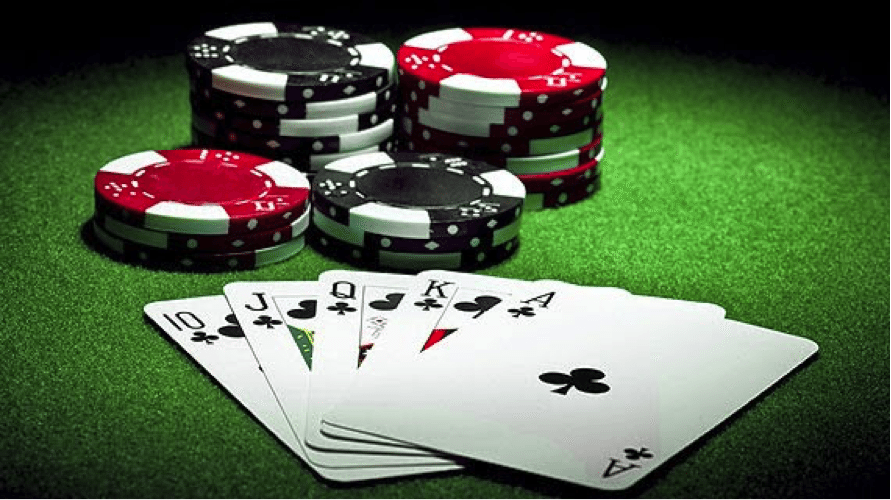Most of the time, poker players look for articles like this one in hope of finding some kind of extraordinary secret technique that will make them something of a superstar overnight. Well, let’s just get one thing straight from the get go – you won’t find it here, or indeed anywhere else for that matter.
Contrary to popular belief, poker is neither an easy game nor the kind of game that comes entirely down to chance. There’s a good reason why the vast majority of the world’s very best poker players end up where they are today on the back of extensive research, practice and generally grafting – it’s really the only way of going pro.
But at the same time, there are various smaller bits and pieces any poker player can do along the way to both improve their game and to get the very most out of every session. So if the ultimate aim is to become as good as you can possibly be and you’d like to begin the transition today, here’s a quick look at just a few essential guidelines on becoming a better poker player, starting right now:
1 – Great Expectations
First of all, you cannot and should not expect to win all the time. In fact, it’s a much better idea to approach a poker game in a mindset wherein you expect to walk away with nothing, though have no intention of doing so. This way, any losses incurred will not bother you in the slightest, whereas any wins you take away will serve as super sweet bonuses.
2 – Fold More
One of the biggest mistakes rookie poker players can make is that of assuming that to fold on a regular basis is to show weakness, or to basically fall behind the curve. In reality however, it’s actually quite to the contrary as to instinctively play hand after hand regardless of the cards that have been dealt is in every respect the deepest noob territory.
3 – Abandon Bluffing
Never, under any circumstances fall into the trap of feeling as though you have to bluff just for the sake of it. Contrary to popular belief, bluffing does not in fact represent an important and integral part of the vast majority of poker games – you’d be far better off focusing your attention on the hand you have, rather than the hand you’d like them to think you have.
4 – Quit While Behind
No matter how deeply you find yourself in any given hand, it’s crucial to know when the time comes to walk. Another enormously common rookie mistake is that of feeling as if you need to stay in the hand, just because you are already in it. You’ve invested plenty of money in it, so you might as well see it through to the end, right? Wrong – if you’re pretty much certain you’re on a downward spiral, pull out of it.
5 – Watch Your Opponents
Contrary to popular belief, the vast majority of professional poker players are not in the habit of relying on physical ‘tells’ in order to work out what their opponents are thinking. Instead, it’s far easier and far more effective to simply watch and note their activities and habits throughout each game, in order to get a much better idea of what they are likely to do next. Whatever their technique and habits, you’ll find them out much quicker by studying their actions, rather than their facial twitches.
6 – Study Up
There are literally thousands of books and free online guides doing the rounds these days that offer relatively intensive crash courses in stepping up poker playing abilities. Of course some are considerably better than others, but arm yourself with a few good study aids and you might find yourself learning an important thing or two.
7 – Why So Serious?
Just because you’re starting to up your game does not mean you need to start turning up to every poker game wearing ridiculous dark glasses, a sun visor and a look of disgruntled sternness all over your face. The moment you begin taking things too seriously is the moment those around you will probably stop taking you seriously and your game will suffer as a result. If it ever stops being fun, you might as well quit entirely.
8 – Real Money Play
Don’t be fooled into thinking that practicing online for hours on end playing for Monopoly money will do you any real savers in the long run. With no money to play for, you and every other player of the table will think and act in a totally different way than you would if there was real cash at stake. If anything, you’ll probably pick up a few bad habits.
9 – Play with Equally-Matched Players
Last but not least, while in may be incredibly enjoyable to thrash the living daylights out of your clueless mates for a few quid each week, you really will not improve your game in doing so. In fact, you’ll probably end up becoming sloppy, lazy and careless, meaning you’ll end up taking several steps in the wrong direction. If you find yourself regularly playing with those who are either considerably below your level or way too advanced to keep up with, you need to think about switching to a more appropriate table for your own benefit.
You might also find the following articles interesting:
- Fast Fold Poker – Should You, Or Shouldn’t You?
- Seven Insane Poker Myths Not To Buy Into…Ever!
- A Beginner’s Guide to Roulette – Getting Started














